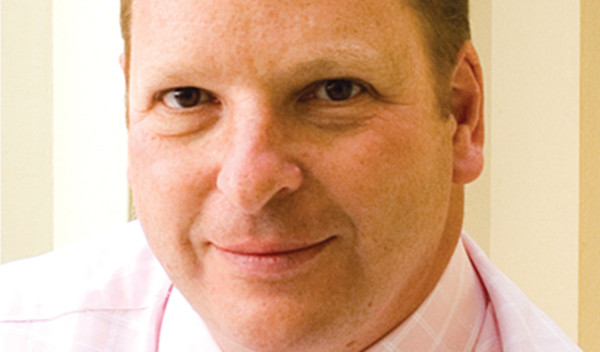

This year will not be without its challenges.
Global GDP should increase but growth trajectories are likely to see further divergence.
Countries with the strongest growth may not offer the best market returns as the positive outlook is already priced into equities.
There are a number of tailwinds and headwinds already on the horizon that are being priced in by markets, but as always there will be events and episodes that take us all by surprise.
Looking around the globe, we expect UK economic growth to slow slightly but still come in at a reasonable 2.5 per cent. The main risks to the UK primarily relate to political uncertainty due to May’s general election, which may leave sterling and gilts vulnerable.
We expect Europe to remain under the shadow of political risks from elections, and while we expect growth to remain sluggish, overall it will pick up as the economy should benefit from the European Central Bank increasing its balance sheet.
In the US, economic traction continues to build aided by consumer, corporate and government spending, though an interest rate rise may dampen any sentiment.
The Asia Pacific region is set to benefit from falling commodity prices and Japan is likely to emerge from recession.
Finally, emerging markets are likely to see weaker growth, with Russia and Brazil struggling to grow at all.
Against this economic backdrop, there are a number of things we are positive about. These include the falling oil price, which could act as a boost for consumers, even if it has a negative impact on oil producers.
Central banks also continue to find reasons to keep rates at historic lows and, while support for the economy in the US has ended, monetary policy generally remains loose.
We also expect the conclusion of the review into European banks’ balance sheets – known as the Asset Quality Review – to be a catalyst for releasing more credit following several years of bank deleveraging.
However, geopolitical risk remains not only in Russia, but in Greece too after the country called a snap election.
And while we believe lower oil prices are beneficial to global growth, the drivers behind this trend could pose a problem if the reason is more than just oversupply and is actually about falling demand – a sign of weaker economic growth.
Given the potential stimulus from oil to the global economy, we have a strong conviction that the fixed income outperformance we saw in 2014 will not be repeated, and hence favour equities.
In fact, fixed income markets continue to look overpriced for any outcome other than a global recession, which we see as extremely unlikely.
A slow bursting of the bond bubble will be manageable, but if this happens too fast it may have repercussions across asset classes.
Property should find support given a backdrop of reasonable economic growth and subdued inflation, while currency markets are likely to see further strength in the dollar as central banks in Europe and Japan increase quantitative easing policies to weaken their currencies and avert deflation.
Gary Potter is co-head of multi-manager at F&C Investments



